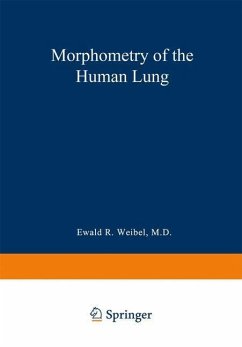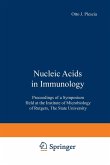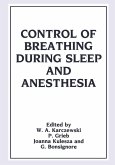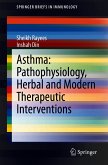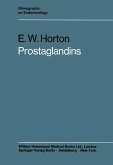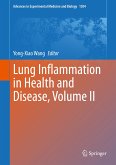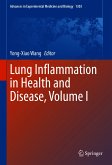The work presented in this monograph marks a new era, we believe, both in the development of quantitative anatomy of the lung, and in the correlation of anatomy with physiology. For many years, physiologists interested in the overall functioning of the lung have felt a need for better quantitative descriptions of pulmonary anatomy. As physiologists, we know a good deal about the forces operating to producepulmonary ventilation, and the quantities that define this function in rest and exercise ; and the same for effective distribution of air within the lung - "alveolar" ventilation-, and for the exchange of respiratory gases between air and blood. There have been no correspondingly precise quantitative measurements of the pulmonary structures that serve theese functions. The great advances in the study of pulmonary anatomy in the past decade have been chiefly in the realm of "fine structure". This has tended to bring together anatomy and biochemistry or physical chemistry, rather than anatomy and physiology. This conjunction has aided, for example, the conception of diffusion as a physicochemical process, but not that of diffusion as a metabolic bodily function. It was, therefore, a remarkably fortunate circumstance which brought together in our laboratory, about three years ago, Professor DoMINGO GoMEZ and Dr. EWALD R. WEIBEL: Professor GoMEZ a mathematician and biophysicist of dis tinction and long experience; Dr. WEIBEL a young anatomist trained under Pro fessor GIAN TöNDURY in Zürich, and with additional research experience with Professor A VERILL LIEBOW at Y ale.
Dieser Download kann aus rechtlichen Gründen nur mit Rechnungsadresse in A, B, BG, CY, CZ, D, DK, EW, E, FIN, F, GR, HR, H, IRL, I, LT, L, LR, M, NL, PL, P, R, S, SLO, SK ausgeliefert werden.

